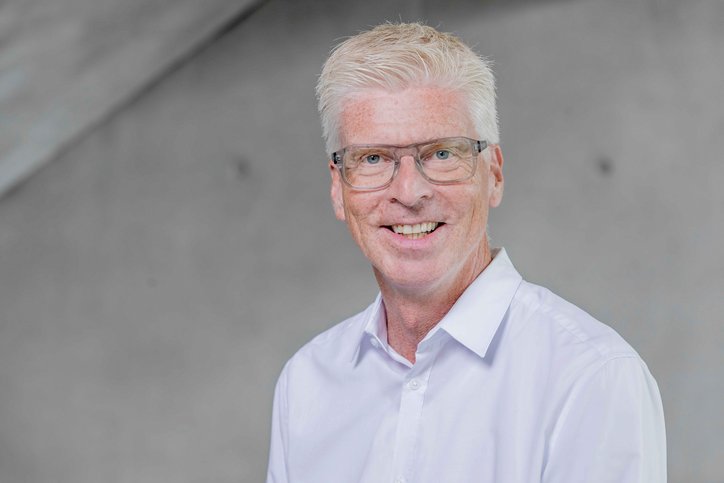In Germany, cement finish-grinding is currently mostly conducted in ball mills (over 100 mills, some of which are over 40 years old). Finish-grinding of cement on much more energy-efficient vertical roller mills is already widespread internationally, especially in greenfield projects, but is hardly ever practiced in Germany (less than five mills). One reason for this is still a lack of knowledge of how changes in cement properties due to pre-hydration caused by grinding conditions in vertical roller mills can be systematically counteracted in order to obtain the same cement properties as those of cements produced on ball mills.
The research project has two objectives. The first is to investigate whether certain chemical/ mineralogical properties can make clinker more robust against pre-hydration effects. For this purpose, a selection of different clinkers covering a broad mineralogical spectrum will be used in the test programme. It is to be clarified in which order of magnitude the effects of a pre-hydration become noticeable in hydration reactions and cement properties depending on the clinker, its fineness and the intensity of the pre-hydration. Clinker powders are systematically pre-hydrated. The resulting materials are used to produce laboratory cements whose hydration reactions and standard properties are characterised.
Secondly, it will be investigated which measures can be taken to counteract possible negative effects, in particular by adjusting the sulphate carrier composition. For this purpose, series of laboratory cements with different sulphate carrier compositions will be produced from selected pre-hydrated clinkers and will be investigated subsequently.
This would strengthen the competitiveness of small and medium-sized companies in the cement industry in particular, since they are not be able to draw on experience with vertical roller mills at other locations to make investment decisions or develop strategies for the optimisation of cements.

